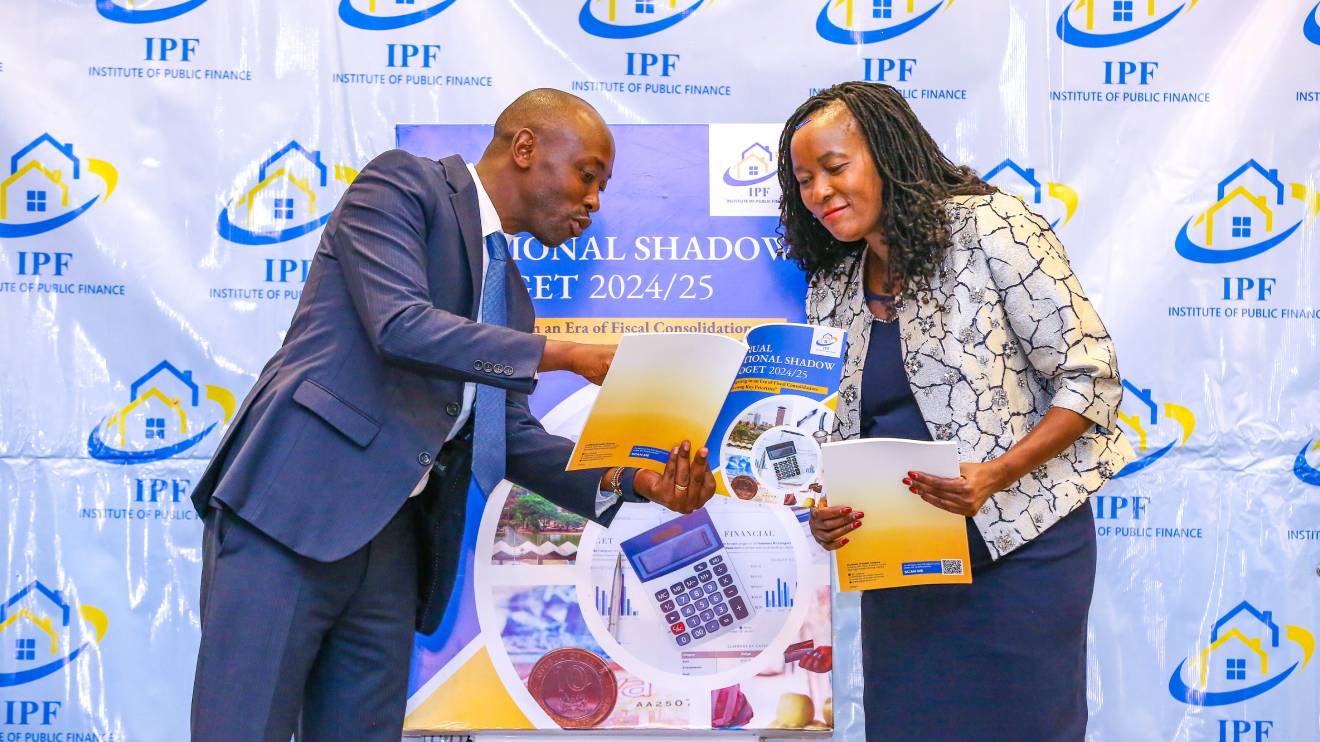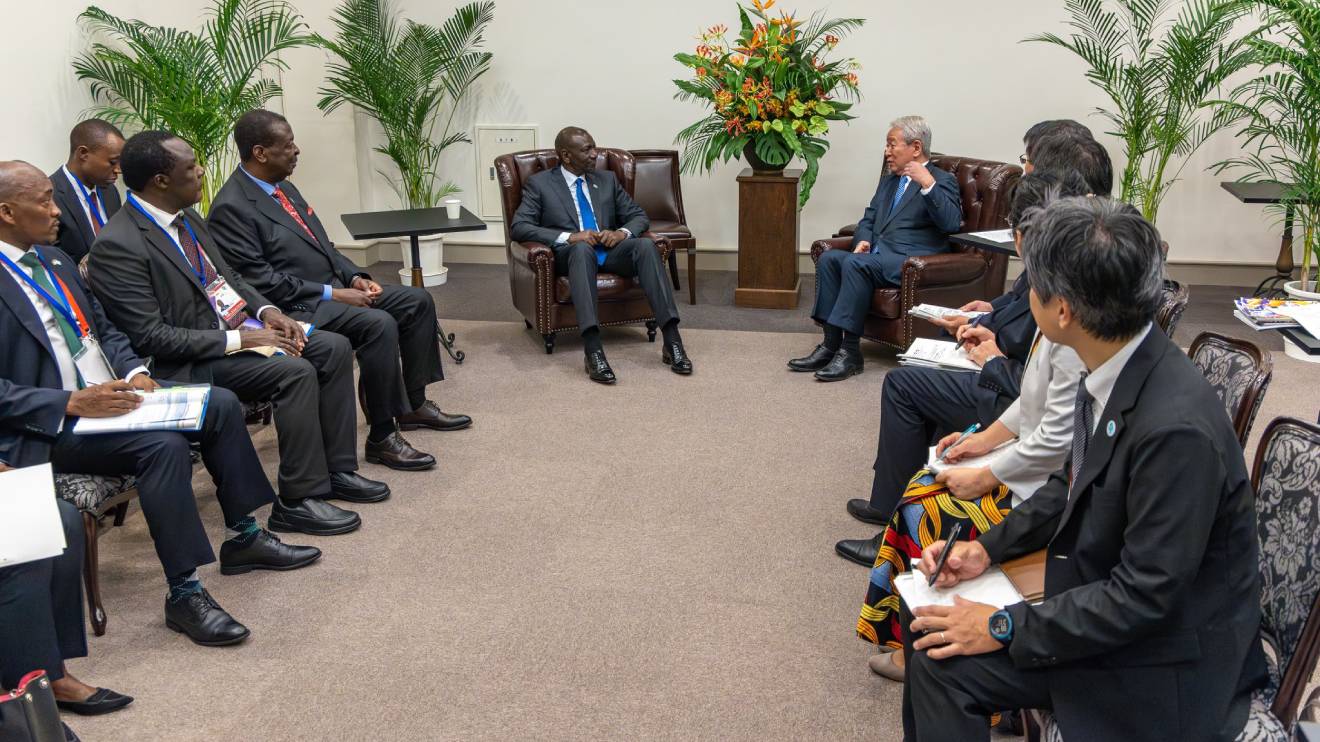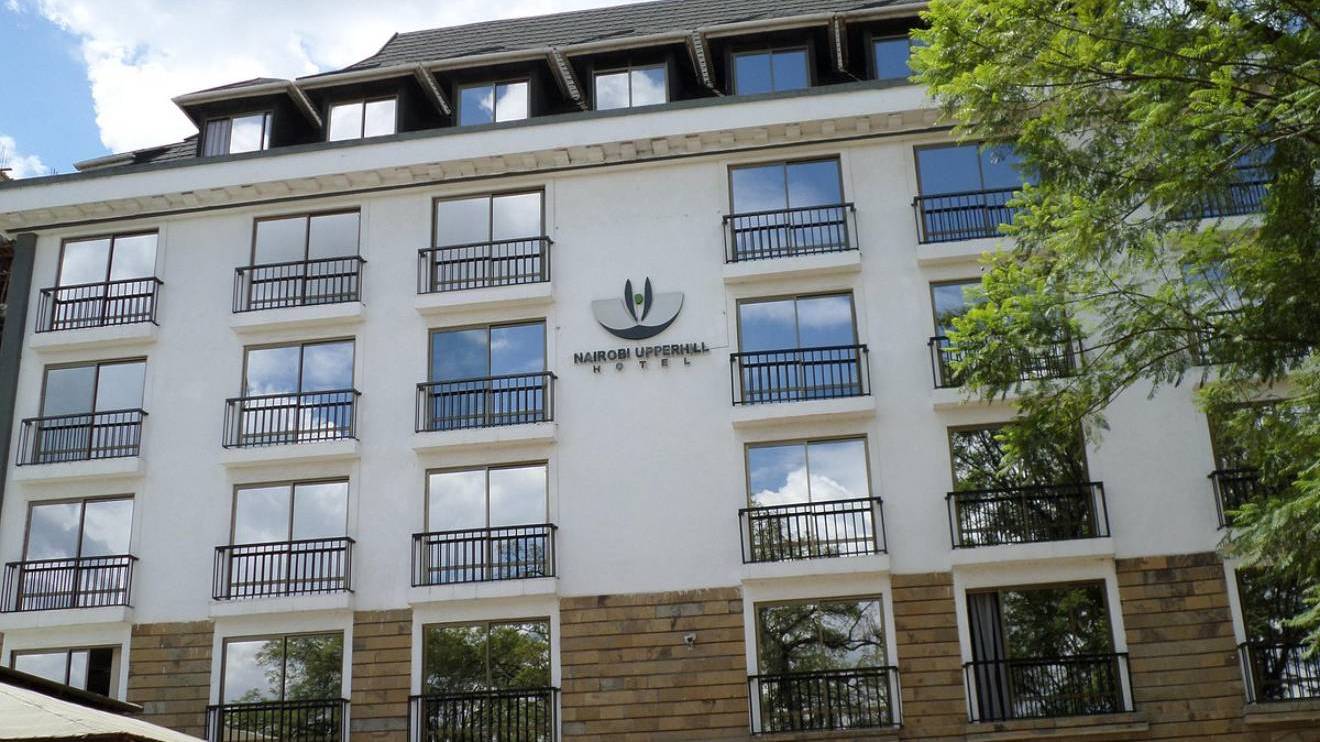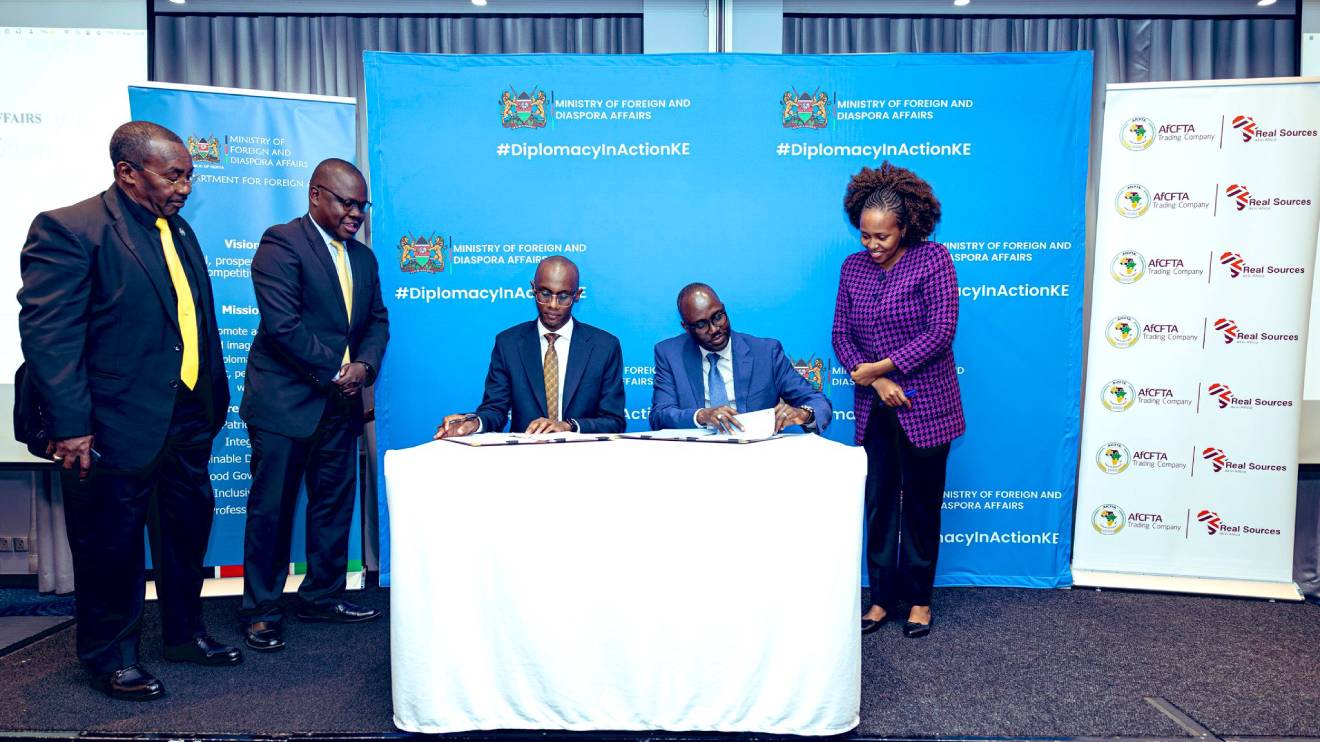The government's ambitious 5.5 per cent economic growth target for the 2024-25 fiscal year faces a significant hurdle: gaps in the Sh4.1 trillion budget.
The Institute of Public Finance (IPF), a financial think tank, has flagged several concerns that could hinder the government's plan for fiscal consolidation and economic recovery.
James Muraguri, the IPF CEO, pinpointed several critical issues within the budget.
A lack of allocation to address the Sh570 billion in nationally pending bills and Sh165 billion county-level pending bills strains government finances.
Additionally, the institute expressed concern about the low development budget and overlapping functions within government agencies, hindering efficient resource allocation.
"The current discrepancies on budget allocations, low budget absorption rates, pending bills headache and duplication of functions are impacting efforts by the government to achieve its fiscal consolidation strategies," stated Muraguri.
To achieve the economic growth target, the IPF recommends prioritizing investment in four key sectors: education, health, agriculture, and law.
These areas are considered crucial for fostering long-term economic development.
The institute proposes a two-pronged approach to address the pending bills challenge.
One option is the establishment of a central sinking fund, a structured mechanism for gradual repayment of these debts over five years.
Alternatively, Ministries, Departments, and Agencies (MDAs) could be tasked with targeted budget cuts to settle their outstanding liabilities.
The IPF further highlights the limited borrowing space available to finance the budget, exacerbated by the need to allocate substantial resources towards servicing the nation's high debt burden.
Consequently, the government has been forced to cut budget allocations for the General Economic and Commercial Affairs (GECA) sector by half.
The government is yet to respond to the IPF's analysis.
With the new fiscal year approaching in July, addressing these budgetary concerns will be critical to achieving the 2024 growth target and ensuring Kenya's economic recovery remains on track.









